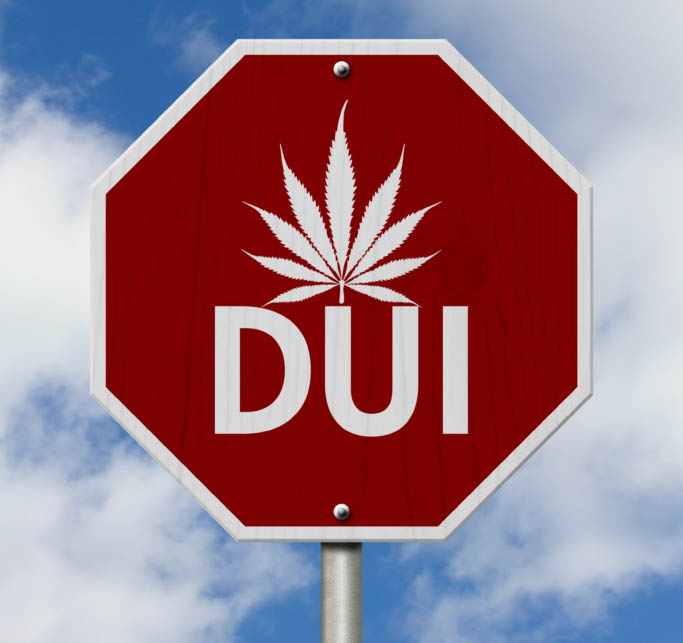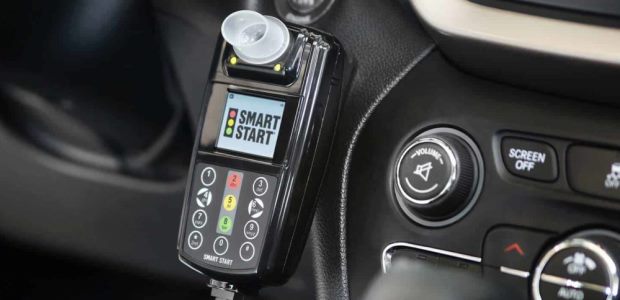
In State v. Barry, the WA Court of Appeals decided it does NOT violate a defendant’s Constitutional rights to allow a jury to consider the defendant’s in-court demeanor during trial.
The State charged Barry with first degree child molestation (DV). The case proceeded to trial. Important to note, Barry chose not to testify. During deliberations, the jury sent a note asking the court, “Can we use as ‘evidence for deliberation,’ our observations of the defendants actions and demeanor during the court case?” The trial court instructed the jury, “Evidence is what you witness in the courtroom.” Barry objected to the jury instruction. The jury found Barry guilty as charged. Barry appealed.
The Court of Appeals reasoned that the trial judge misstated the law in giving that instruction because the defendant did not testify; and therefore, his demeanor was not evidence presented during trial.
Nevertheless, the Court of Appeals rejected arguments that Barry’s 5th Amendment rights against self-incrimination were violated. It stated, “Here, neither the State nor the trial court forced Barry to do anything with regards to his demeanor. He had full control over how he acted in the courtroom. Other than citing the Fifth Amendment, Barry does not explain how he was compelled to give evidence against himself. We hold that allowing the jury to consider the defendant’s demeanor as evidence does not violate the Fifth Amendment.”
Finally, the Court of Appeals discussed the absence of any discussion on the record regarding Barry’s demeanor. In other words, there was a lack of record on how Barry behaved. The Court said the following:
“Without any information identifying what demeanor the jury may have considered, it is impossible to know whether that consideration was favorable or unfavorable to Barry. In the abstract, a defendant’s behavior is neutral. Depending on the demeanor, a jury could draw a negative inference or a positive inference from how the defendant acts during trial. As a result, merely stating that a jury may have considered a defendant’s demeanor without any information about that demeanor cannot establish prejudice because that consideration may have favored the defendant.”
My opinion? This case is tough. I’ll agree with the Court of Appeals in saying that what we don’t know is the pink elephant in this room. I’ve had many jury trials. During preparations, I thoroughly inform defendants how to properly behave in court. And yes, it’s extremely difficult for many defendants to stay calm and stoic during trial. Most defendants are very emotional about the case, especially if they believe the State’s witnesses are lying and/or exaggerating during testimony.
Consequently, the decision on whether to testify is a strategic one. And this decision – whatever it may be – can backfire for many reasons. Typically, jurors want to hear defendants testify. However, if a defendant does not testify, then human nature dictates that juries perceive how the defendants acts during trial.
Please contact my office if you, a friend or family member are charged with a crime. Hiring an effective and competent defense attorney is the first and best step toward justice.








/if-you-get-a-dui-67215_FINAL-5be992db46e0fb00510b72ca.png)






